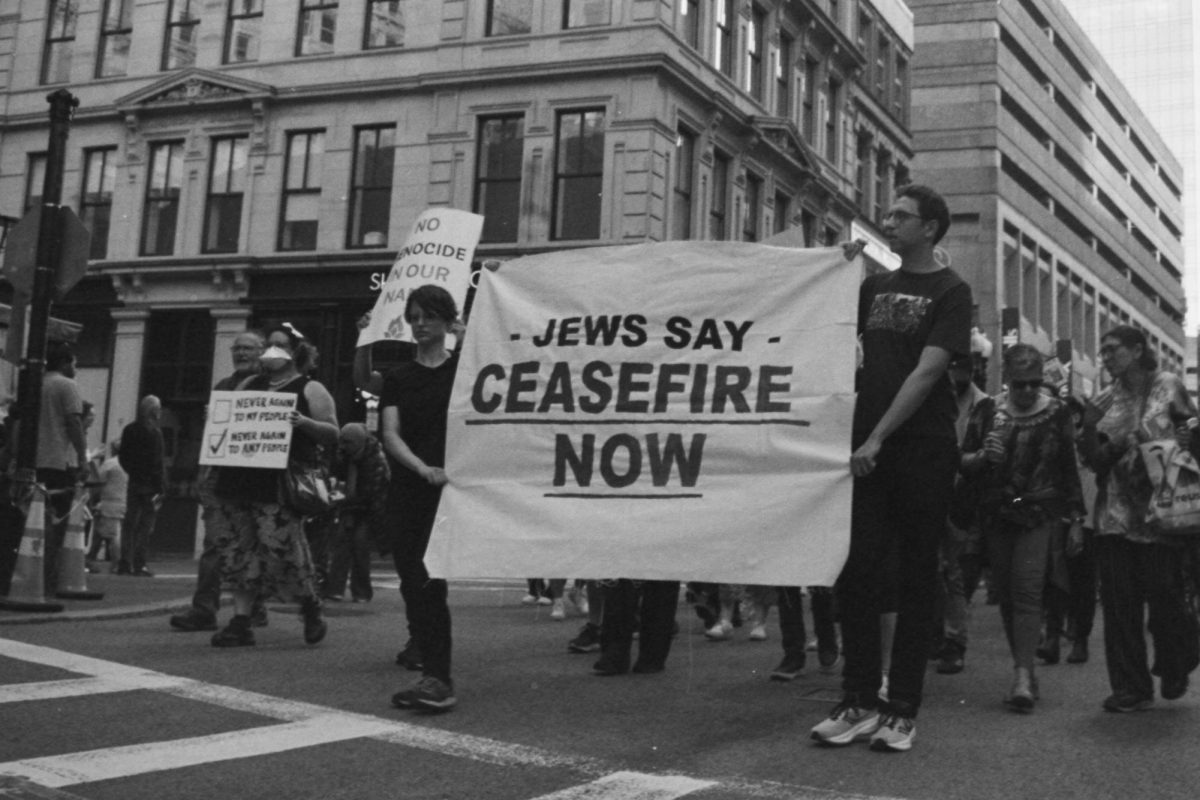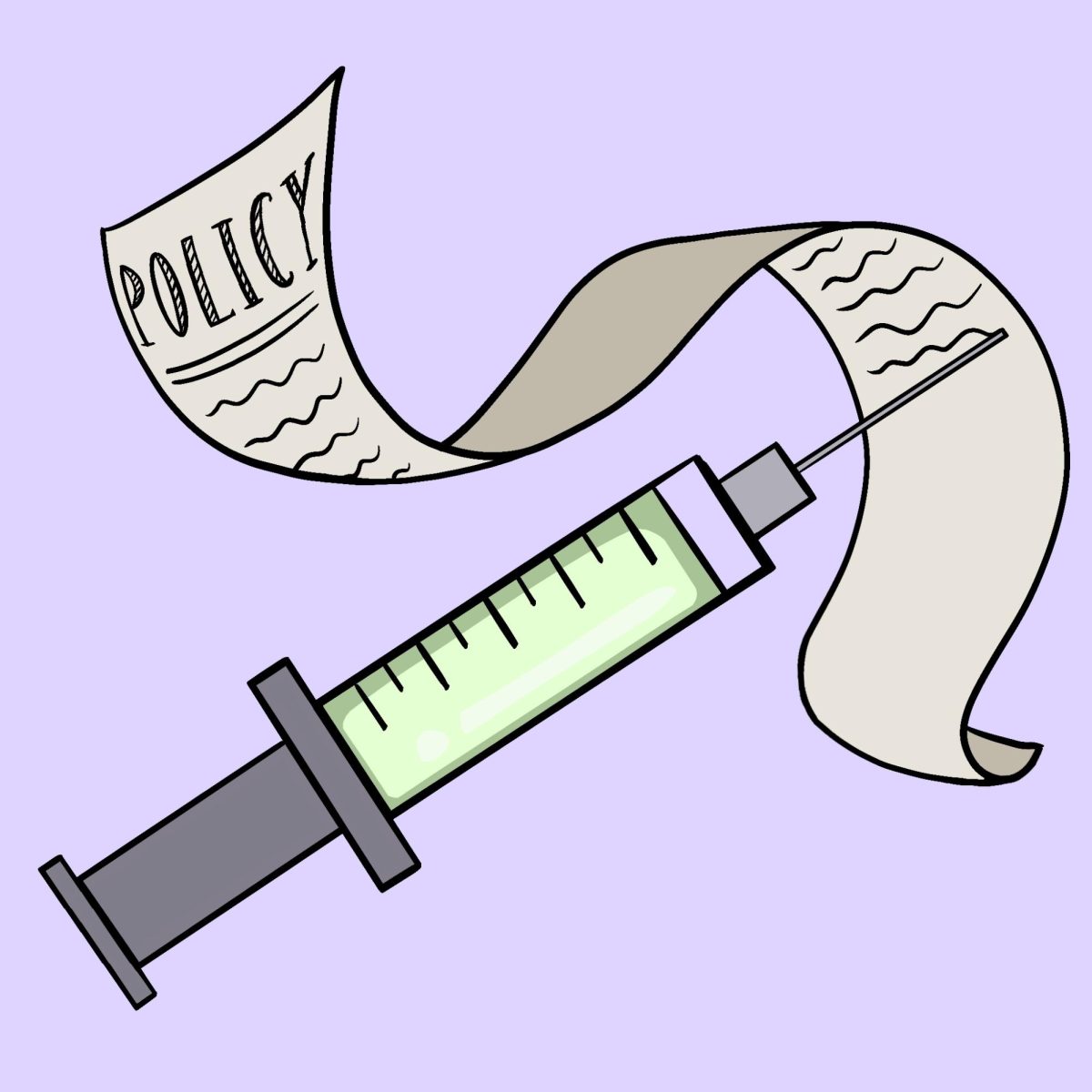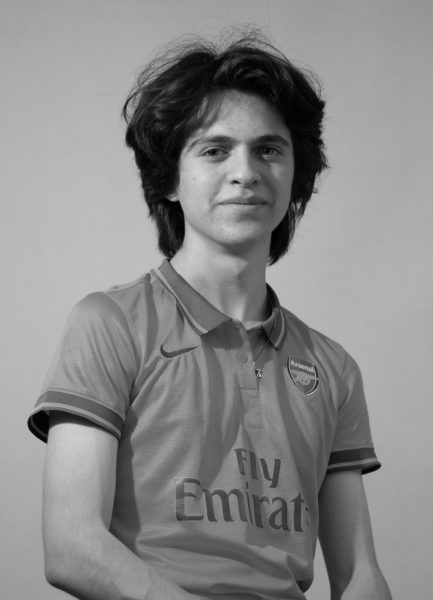“I know people who fear going outside and others are ordered to stay inside,” Mia Montrose, a student at Harvard University, told the Register Forum. She was referring to feelings in the aftermath of the school’s most recent controversy: a truck displaying Harvard students’ faces and names with the caption “Havard’s Finest Antisemites” that was driven around campus.
The students whose identities were doxed on the electronic billboards mounted on the truck had been drawn from organizations that had signed onto a statement that was penned by the Harvard Undergraduate Palestine Solidarity Committee denouncing the actions of the Israeli government that led up to the Hamas attack on October 7th. Several of the individuals whose identities were doxed had not personally put their names on this list but were merely affiliated with the organization.
The incident in Havard is a reflection of how the ongoing Israel-Palestine conflict can be seen reverberating around the world. Locally, it’s prompted a surge in political activism through social media and protests. The incident highlights the complex and sensitive nature of the conflict and its repercussions on campus.
The truck displaying names, faces, and other personal information is legal if the information is in the public domain; however, many feel as if these actions are limiting their free speech or are being used as a way to silence them. Harvard student Jamie Milton told the Register Forum that her friend, who is interested in government and politics, was “uncomfortable speaking up about it because of how it would affect her future.”
Several protesters seen around Harvard have declined to offer their names or quotes to the Register Forum, citing fears for their safety as the reason. Students have had job opportunities taken away from them, been blacklisted, or been threatened in a variety of ways due to their stances on this conflict. Student Aidan Doe told the Register Forum that in the wake of the doxing truck, there have been numerous visible effects around Harvard. “People’s families have been getting threats over Instagram,” he stated. About his roommate, whose identity was doxed on the truck, he said, “My roommate, who is Arab, took down his name from our dorm because he felt unsafe.” This unsettling incident has left many students grappling with fear and discomfort as they see their everyday lives at Harvard University shifting.
Prior to the doxing truck incident, Harvard had made a statement denouncing Hamas’ actions but otherwise remained neutral. Regardless, there has been much backlash from students and the public, as many hoped that Harvard would deliver a greater call to action. The doxing truck led Harvard to establish a task force, open until November 3rd, with the objective of providing aid to those students who were directly affected. Some students believe it’s not enough and more action should be taken.
On a global scale, prestigious universities have been under fire recently for their statements about the Israel-Palestine conflict. Most have been criticized for not taking enough of a stance or saying too little too late.
This issue calls attention to several questions of what kind of role an educational institution should hold regarding global issues, especially a school with Harvard’s level of prestige. In situations such as the doxing truck, many are looking toward Harvard to set an example. Throughout the treatment of this conflict, Harvard promises to set a precedent for future global conflicts and how universities can grapple with the safety of their students while maintaining their commitment to education and inclusivity.
This article also appears in our November 2023 print edition.















